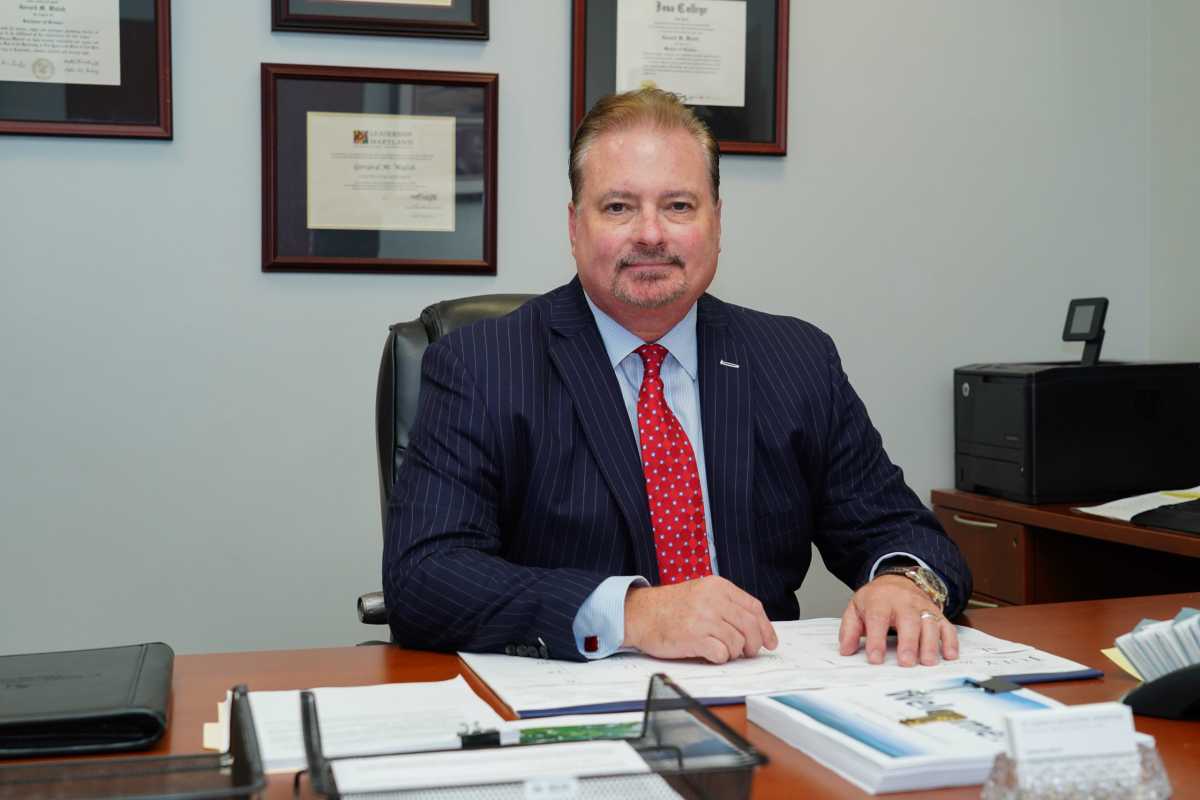When Gerard “Jerry” Walsh joined St. John’s Episcopal Hospital (SJEH) as CEO six years ago, it was a different organization than it is today.
In July 2015, the Queens native was fresh off of his tenure as the CEO of Western Maryland Hospital Center and brought a new vision to advance health care for the 130,000 residents of the Rockaway Peninsula.
“When I came to St. John’s, we needed to actually [come up with] a new strategy for healthcare in the Rockaways. One of my main focuses was to make the organization much more patient- and family-focused and to implement quality initiatives that would enhance the care and safety of our patients,” Walsh said.
Since Peninsula Hospital closed in 2012, SJEH became the sole hospital for the area. Walsh started the overhaul by bringing in a brand new administrative team, most of whom have been at the hospital for nearly six years. He then began to implement changes in SJEH’s quality and expansion of patient services as well as improvements in the hospital’s physical structure.
Over the last six years, Walsh and his team have worked to become a “one-stop shop” for both routine and emergency health care. After working to expand its emergency department, SJEH increased the number of patients it could accommodate from 10,000 to 50,000 patients.
“We’ve created a 24/7 inpatient hospitals program. We’ve converted all of our emergency room physicians through a new contract [and] they’re all board certified in emergency medicine. Through grants and other opportunities, we’ve purchased or leased all new radiology equipment. We have two new CT scanners, a new MRI unit, new ultrasonography and mammography units, so our radiology department is quite state of the art. We also enhanced all of our operating rooms and our equipment in our operating rooms is state-of-the-art equipment,” Walsh said.
The hospital’s primary care department is located in the same building, which Walsh said can be reached through SJEH’s newly implemented call center that allows patients to make multiple appointments with just one phone call.
Ongoing projects at the hospital include the construction of a state funded, comprehensive women’s center in the Rockaways, which is nearing its completion. Walsh said that the hub for women’s health care will include all new ultrasound machines, mammography units and DEXA scan machines. Patients will also have the opportunity to get routine gynecological care or see an on-site breast surgeon.
“Basically, the premise of comprehensive women’s care is that they come in and they leave with a diagnosis. They leave knowing what their planned care is going to be without having to wait and it really is just geared towards women’s care,” Walsh said.
Another major project is enhancing oncology services for the Rockaways, whose residents experience a higher rate of certain cancers compared to other parts of New York City.
“We’re going to be enhancing oncology services. We’re going to be enhancing our infusion and chemotherapy services in a brand-new building that’s going to be on the campus here at the hospital. That building is also going to have a brand-new, state-of-the- art PET/CT scanner, which is essential for our cancer care and oncology diagnostics.”
According to Walsh, these improvements are part of the hospital’s “strategic plan,” along with the New York State Department of Health, to enhance ambulatory services to the Rockaways.
In addition to the larger projects, Walsh said that the hospital will also focus on increasing primary care services and ensure that the community is well educated in health care literacy, which includes healthy lifestyle education, access to social services and transportation to and from the hospital.
Since the hospital confirmed the first case of COVID-19 in Queens nearly a year and half ago, the hospital also introduced a new mobile health care unit to send to community health events and administer COVID-19 screenings and vaccines.
“We have a better ability to serve the patients in the community and with enhancing the ambulatory presence on the peninsula, we’re going to have a greater ability to serve patients who don’t need hospitalization where they live,” Walsh said.






































